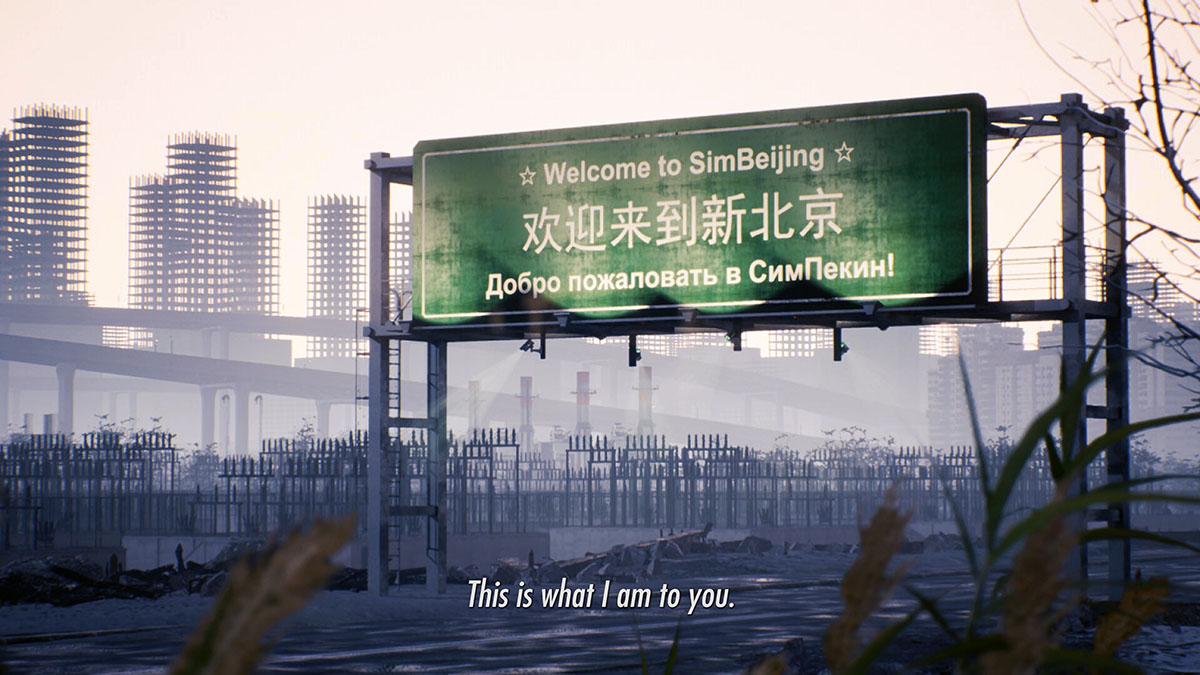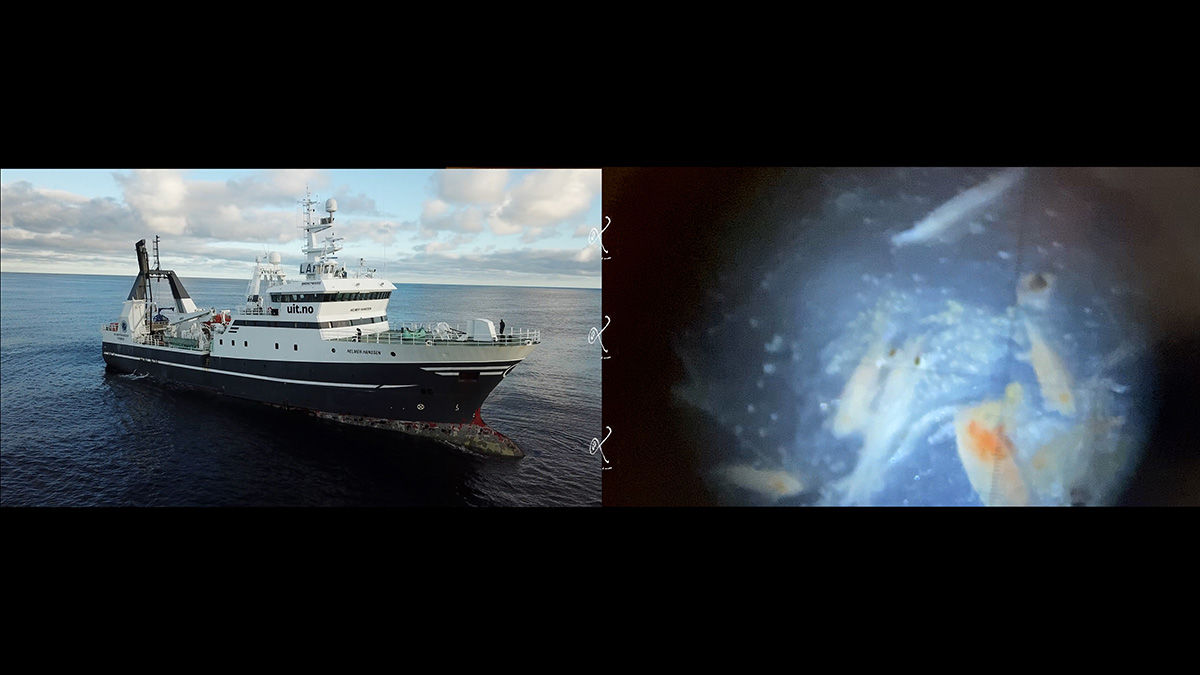Becoming Landscape
Reflecting the Relevance and Meaning of the Landscape Through Art Film

The second edition of the St. Moritz Art Film Festival (SMAFF), directed by Stefano Rabolli Pansera, has rung down its curtain on Sunday 3 September. Took place in the Swiss town of the same name, which has much in common with the theme of the competition: “Becoming Landscape”.
With the given title, competing artists and directors were therefore asked to reflect on the relevance and meaning of the landscape today. 57 films competing between digital experiments, historical perspectives, philosophical and anthropological reflections which revealed, as declared by the creative director himself, not only technical complexity but also depth and poetic sensitivity, often told in first person by the directors present in the room, mediated or interviewed by colleagues and critics.
Among these is Lydia Ourhamane’s work Tassili, which the director brought, a non-local crew to the desert between Algeria and Libya for the first time. They went on a physical and spiritual journey, which lasted two weeks, in a normally and voluntarily inhospitable nature, preserved from tourism and the risk of deterioration.
Moving camera on a long walk in a pristine valley with no human interaction and no conversation, the spectators observe and reflect, gets lost and finds themselves. They probably relive the same intense experience as those who worked on the production of this film, who declared, upon returning, of not knowing how to describe the emotions and the passage of time on that massive and mountainous plateau in the Sahara Desert.

Tassili by Lydia Ourhamane

Karnaval by Leah Gordon
Kanaval by Leah Gordon reflects on Haiti’s discovery attributed to Christopher Columbus, on the condition of slaves before and after the French colonization and on carnival as an integral part of the Haitian identity. The identity was once deprived from the Haitian before returning to their possession at a later time, retaining some elements of European culture, in search of a new post-revolution identity.
Matteo Parisini tells us about the universe of Luigi Ghirri with his work Infinito, the Italy of the 70s, consumerism, historical quotes and artistic contaminations. He starts from the architecture of his territories and ends at metaphysical and suspended landscapes. The sky as the great and final protagonist of his works: becoming landscape par excellence.
Last but not least is the experimentation in the digital field, together with the support of artificial intelligence and the use of elements borrowed from the gaming world. The visualization of subjects through the eyes of a soldier in “Call of Duty” mode, human simulation through the characters of “The Sims” and the possibility of witnessing the same scene from three different points of view thanks to a sophisticated control of cutting-edge technology as illustrated in Theta directed by Lawrence Lek and winner of the Best Film Award: an accident, a car went off the road and got stuck in the woods at night.
Three different active elements on the scene: the car, the object, still turned on and still in a nature that incorporates it. The human, having got out of the vehicle, an emotional and psychological subject, lives and waits helplessly for aid. A fox, a natural and external subject arrives, observes and moves around the car and the person, and then returns to the woods, to its nature habitat.

Theta by Lawrence Lek

Warp by Raffaella Naldi Rossano
Among the winners is also Warp by Raffaella Naldi Rossano, who snatched the Special Prize for Emerging Artist. According to the jury, “the film transports the viewer through various narratives and temporal planes, producing a surprising effect and an unconventional audiovisual panorama” and “offers a frame of reference for reflecting on contemporary issues linked to the Mediterranean, to the relationships with the preservation of the territory marine and ecosystems, as well as the consequences of climate change”
“Love at First Sight” is the name of the prize from the exclusive partner, Kulm Hotel St. Moritz, awarded to Laguna Negra by the Peruvian director Felipe Esparza Pérez. “Sophisticated blend of documentary and fiction. Its meditative rhythm produces a sense of sacredness, in line with the indigenous traditions explored in the film.”
The St. Moritz Art Film Festival, in its second edition, promises to become a regular event and we can only continue to support it.
Text: Silvia Pescia